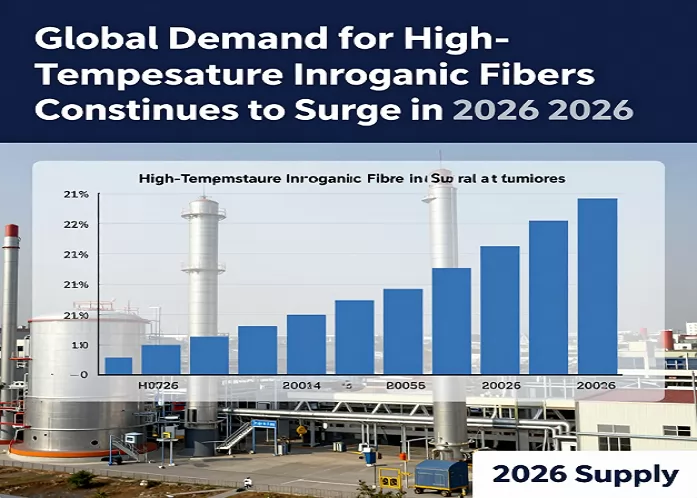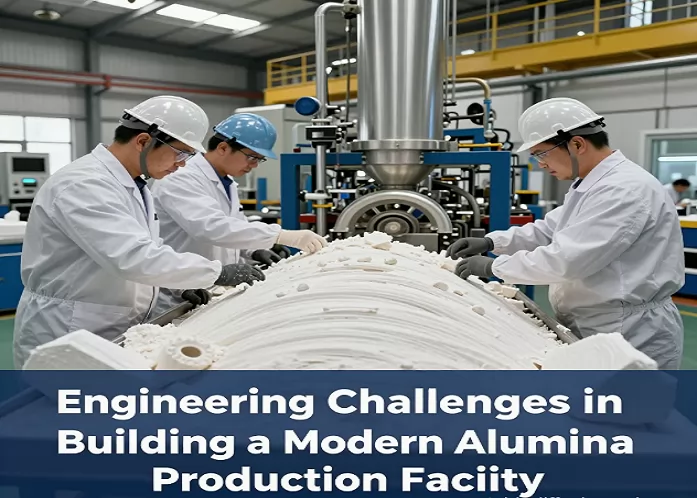Methanol-to-Olefins (MTO) technology uses methanol synthesized from coal or natural gas as feedstock, employing fluidized bed reactors to produce light olefins (primarily ethylene and propylene). It is currently the core technology for producing ethylene, propylene, and other products from non-petroleum resources.
SL Chemtech’s Methanol-to-Olefins (MTO) technology is an advanced process that transforms methanol derived from coal or natural gas into high-value light olefins — primarily ethylene and propylene. By utilizing state-of-the-art fluidized bed reactors, our MTO process enables efficient, large-scale production of olefins from non-petroleum feedstocks, helping industries reduce dependence on crude oil and adopt more sustainable raw material sources.
Core Technical Advantages
Alternative Feedstock Utilization – Converts methanol from coal-to-methanol or natural gas-to-methanol processes into valuable olefins, bypassing traditional naphtha cracking routes.
High Conversion Efficiency – Proprietary catalyst systems and optimized fluidized bed reactor design deliver superior yield of ethylene and propylene.
Scalable & Flexible – Suitable for large-scale industrial plants with adjustable operating parameters for different feedstock qualities.
Environmentally Aligned – Reduces reliance on petroleum resources, offering a pathway towards cleaner chemical production.
From Methanol to Polyolefins
The ethylene and propylene produced through the MTO process serve as critical feedstocks for polyolefin production:
Polyethylene (PE) — available in High-Density Polyethylene (HDPE), Low-Density Polyethylene (LDPE), and Linear Low-Density Polyethylene (LLDPE) forms, widely used in packaging films, plastic bags, pipes, and containers.
Polypropylene (PP) — produced in both powder and granular forms, applied in automotive components, home appliances, textiles, and consumer products.
These polyolefins are among the most widely used plastics worldwide, forming the foundation for countless industrial and consumer goods.
Applications & Market Impact
By enabling the production of ethylene and propylene from non-petroleum resources, MTO technology plays a strategic role in:
Petrochemical industry diversification – securing olefin supply independent of oil price fluctuations.
Sustainable materials development – supporting low-carbon initiatives in chemical manufacturing.
Global plastic product supply chains – ensuring stable raw material availability for packaging, construction, automotive, and consumer goods sectors.
SL Chemtech’s Methanol-to-Olefins (MTO) technology provides a reliable, efficient, and sustainable route for ethylene and propylene production, empowering industries to unlock the full potential of non-petroleum resources.
For more detailed technology information, message us at info@slchemetech.com.
Methanol feed specification
| Methanol specification | value |
| Hazen color (Pt - Co) | ≤5 |
| Potassium permanganate test | ≥30 |
| Carbonyl compounds (as HCOH), wt% | ≤0.002 |
| Evaporation residue content, wt% | ≤0.003 |
| Acidity (as HCOOH), wt% | ≤0.0015 |
| Alkalinity (as NH₃), wt% | ≤0.00015 |
| Total ammonia nitrogen content | ≤ 1ppm wt |
| Alkali metal content | ≤ 0.1ppm wt |
| Total metal content | ≤ 0.5ppm wt |
Methanol-to-Olefins (MTO) Technology Specification
| Component | value | Note |
| Ethylene | 99.95% mol | min. |
| Methane + ethane | 500 ppm(mol) | max. |
| C2+ component | 10 ppm(mol) | max. |
| Propylene | 5 ppm(mol) | max. |
| Oxygen | 2 ppm(mol) | max. |
| Carbon oxide | 1 ppm(mol) | max. |
| Carbon dioxide | 5 ppm(mol) | max. |
| Hydrogen | 5 ppm(mol) | max. |
| Total nitrogen (as NH₃) | 1 ppm(mol) | max. |
| Total sulfur (as S) | 1 ppm(wt) | max. |
| H2O | 1 ppm(mol) | max. |
| Methanol | 4 ppm(mol) | max. |
| Chlorides (as Cl-) | 1 ppm(wt) | max. |
| Total carbonyl compounds (as MEK) | 1 ppm(mol) | max. |
| Arsenic Compounds (as AsH₃) | 0.03 ppm(wt) | max. |
| Carbonyl sulfide | 0.02 ppm(mol) | max. |
MTO Process: The reaction occurs at 400–550°C and 0.1–0.3 MPa pressure, achieving >99% methanol conversion rate.
| PROCESS INDEX | DMTO | DMTO-Ⅱ |
| Methanol conversion (%) | 99.18 | 99.97 |
| Olefin selectivity (%) | 78.71 | 85.68 |
| Methanol consumption (per kg olefin) | 2.96 | 2.67 |
| Catalyst consumption (kg/ton methanol) | 0.25 | 0.25 |
Why Choose SL Chemtech’s MTO Solution?
Proven expertise in fluidized bed reactor design and catalyst optimization.
End-to-end EPC (Engineering, Procurement, and Construction) capabilities for MTO plants.
Deep technical knowledge in methanol synthesis, olefin separation, and polyolefin integration.
Flexible customization for both coal-to-olefins and natural-gas-to-olefins projects.

















